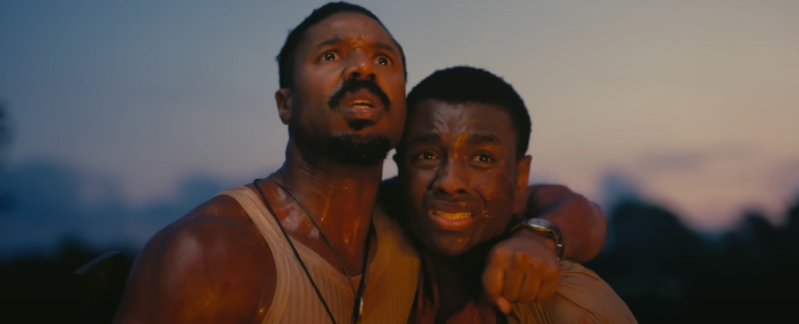
In the latest installment of his Bricolage in the Movie series, Dr. Ukjoo Park offers a cultural-theological reading of Sinners, a supernatural drama directed by Ryan Coogler. Set in the racially segregated 1930s Mississippi Delta, the film follows two Black brothers who operate a juke joint while battling vampires—and racism.
Pagan Roots of Religion Take Center Stage
According to Park, Sinners boldly portrays spiritual realities often neglected in mainstream theology. The film highlights voodoo not as a mere superstition, but as a coping mechanism for marginalized communities stripped of orthodox Christian teaching. Park describes this as a reminder that many institutional religions—including Christianity—have historically absorbed or interacted with primitive religious elements.
While he affirms the value of inculturation—expressing the gospel in culturally meaningful ways—Park stresses that the gospel must remain theologically unaltered. When local spirituality becomes the framework through which Christianity is filtered, the result is often syncretism rather than true contextualization.
When Inculturation Becomes Distortion
Park points to examples within Korean Christianity, such as traditional-style church buildings or early morning prayer rituals, which he sees as positive cultural adaptations. However, he cautions that when practices rooted in shamanism, nationalism, or spiritual mysticism become indistinguishable from the gospel itself, the message becomes compromised.
Reflecting on Sinners, Park notes that the African American community in the Jim Crow era, deprived of access to full gospel teaching, sometimes fused Christian language with voodoo beliefs. This historically informed backdrop makes the film’s depiction of hybrid spirituality both compelling and theologically troubling.
From the Mississippi Delta to Korea
Theologians and pastors in Korea, Park argues, must be wary of similar tendencies. Whether in progressive movements that reinterpret Christian doctrine through political ideology, or in conservative circles that conflate faith with ethnic identity, the danger of distorting the gospel remains real.
By drawing parallels between the film’s setting and the Korean context, Park challenges churches to resist both cultural relativism and nationalist theology. Instead, he calls for renewed commitment to doctrinal clarity and biblical truth in a multicultural world.
*This article is translated and revised version of Dr. Ukjoo Park's column in Christian Today.






